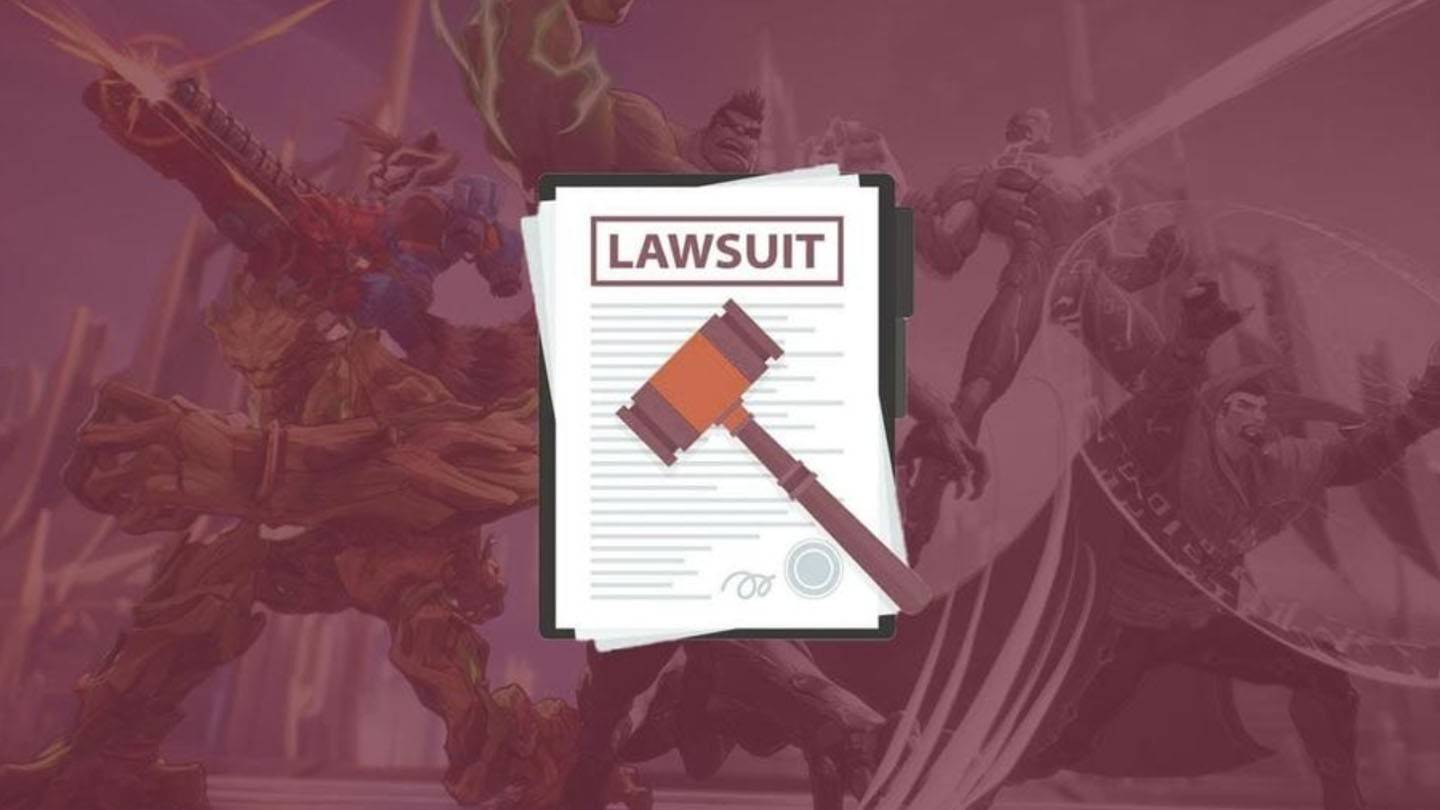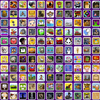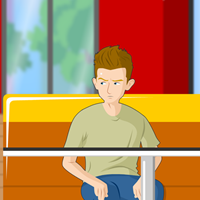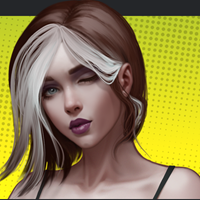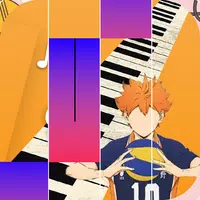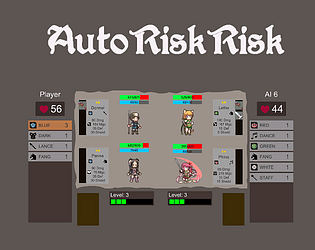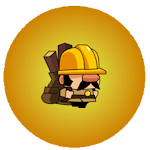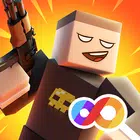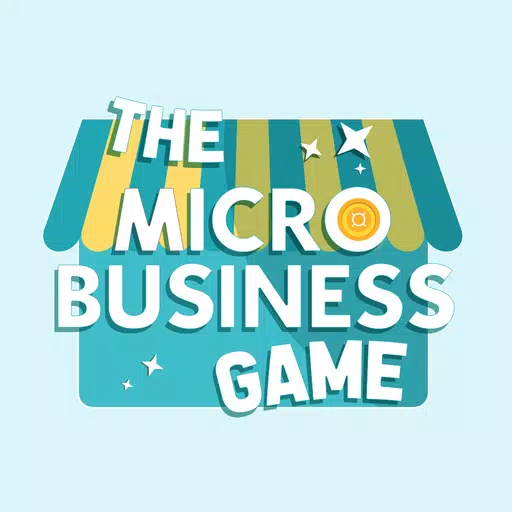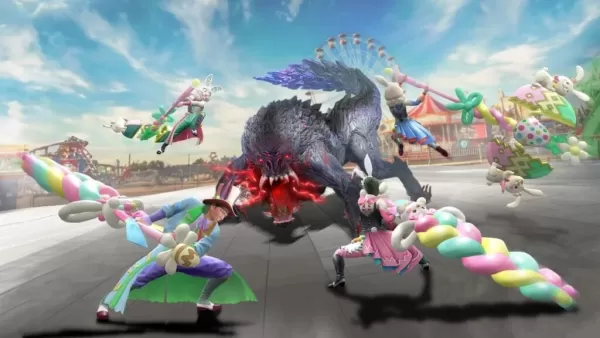"Outer Worlds 2 Enhances RPG Character Customization - IGN"
Having finally seen *The Outer Worlds 2* for myself, it's evident that Obsidian has prioritized deeper RPG elements in its development. While the first game offered a more streamlined approach to character progression, the sequel encourages players to embrace unique and unconventional playstyles. *The Outer Worlds 2* isn't just about complexity for its own sake; it's about fostering creativity, specialization, and embracing the quirky decisions players might make.
“We're looking for ways to incentivize the player to experiment with different builds, either traditional or non-traditional,” said design director Matt Singh, discussing the revamped RPG mechanics. He emphasized the team's focus on synergies between Skills, Traits, and Perks to create intriguing builds that interact with other game systems. This approach was evident in our exclusive 11-minute gameplay footage, showcasing new gunplay, stealth mechanics, gadgets, and dialogue options. For this segment of our IGN First coverage on *The Outer Worlds 2*, we delve into the specifics of how these systems have been reworked and what players can expect.
Rethinking the Skill System ---------------------------Lead systems designer Kyle Koenig reflected on the first game and the need for change, stating, “We would often see characters good at everything, which by the end of the game, minimized your personal experience with your character.” Obsidian's solution in the sequel is to move away from grouped Skill categories to individual Skills with significant differences. “We wanted to focus on making each individual level-up and investment really important. There's less confusion on when I should invest in one Skill or the other. If I want to be a player that's all about guns and using medical devices, I know which Skills I really need to care about. By having them separated and not in groupings, it lets characters be more specialized,” Koenig explained.
Singh added that the new system allows for more than just traditional builds. “There's more than just a traditional stealth-focused build, combat-focused build, or speech-focused build. There's a lot of blending of concepts, playing with other systems and incorporating those into a pretty broad, but unique range of different player profiles.” He highlighted how certain Skill investments, like Observation, can reveal hidden elements in the environment, such as secret doors or interactive objects, leading to alternate paths.
The Outer Worlds 2 Character Creation - Screenshots
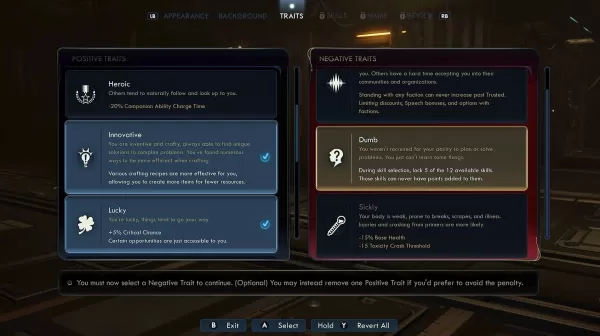
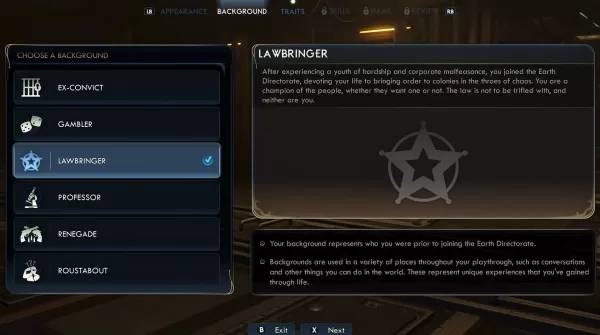 4 Images
4 Images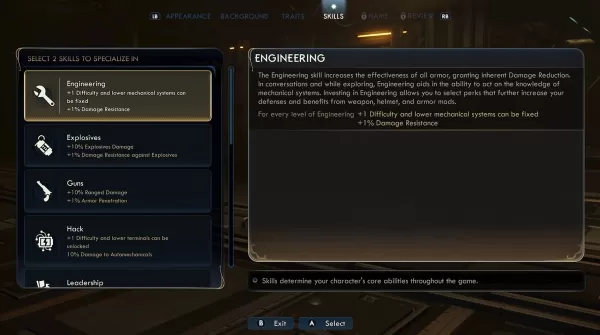
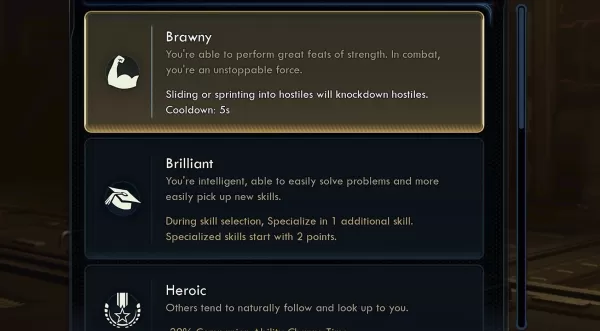
While this approach might seem standard for RPGs, *The Outer Worlds* was unique with its grouped Skills. In the sequel, the revised Skill system aims to enhance character build diversity and open up more possibilities, particularly in conjunction with the revamped Perks system.
The Perks of Getting Experimental
Obsidian is focusing on specificity and unique play avenues. “We've significantly increased the number of Perks with over 90 of them – each of those requiring various Skills to unlock. As you invest in Skills, it changes how you can invest in Perks and leads you down many different paths,” Koenig explained. He provided examples such as the Run and Gun Perk for shotgun, SMG, and rifle users, allowing firing while sprinting or sliding, and the Space Ranger Perk, which enhances dialogue interactions and boosts damage based on the Speech stat. “The way we looked at them when designing them was to look at what are all the different modes of gameplay the player has, and what are all the actions they can take and how can we modify them,” he noted.
Singh mentioned Perks tailored for non-traditional playstyles, like those for players who eliminate every NPC. “Especially in an Obsidian game where we allow you to kill anybody – the game's going to respond, it's going to roll with it, and you're going to still be able to complete the game. It's actually a really fun way to play in a second or third playthrough just to see how far you can take it,” he said, citing Perks like Psychopath and Serial Killer that offer bonuses such as permanent health boosts for this playstyle.
For more traditional builds, Koenig discussed how players can leverage elemental combat aspects. “Even if you want to mix and match them, you can be a character that's all about plasma and burning things alive while getting healing from it – or using shock damage to scramble automechs and have them fight for you temporarily while paralyzing creatures and humans – or using corrosive damage to take away all their armor and make it so all your attacks against them are critical hits that deal insane amounts of damage,” he elaborated.
Singh highlighted other ways to experiment, such as opting into detrimental effects that enhance other aspects of a character. “How do I construct a build where I'm actually incentivized to get in there and take damage so that I can then do other things effectively? I really like those kinds of creative builds that allow you to play with that idea and convert something that might be negative into a positive aspect of your build,” he explained. This philosophy, while present in the original, is now a central focus for *The Outer Worlds 2*, particularly in relation to Traits and Flaws.
The Positive and Negative Traits
Koenig drew a parallel with *Fallout*, noting, “One of the things in *The Outer Worlds* that was a key off of *Fallout* was you could have negative attributes that would be actively detrimental to your character, but you get a few extra points to spend somewhere else.” In the original game, this was facilitated through the Flaws system, where players could accept a permanent effect based on in-game behavior in exchange for an extra Perk point. This concept is expanding in *The Outer Worlds 2*.
The system of Positive Traits and Negative Traits is crucial to the game's give-and-take dynamic. Players can choose a negative Trait to unlock an additional positive one. For instance, selecting Brilliant grants extra Skill points during character creation, while Brawny allows you to knock down targets by sprinting into them. Conversely, opting for negatives like Dumb locks you out of investing in five Skills, or Sickly permanently reduces your base health and toxicity tolerance. These are just a few of the options observed in the early stages of development.
The Outer Worlds 2 Gameplay - Screenshots
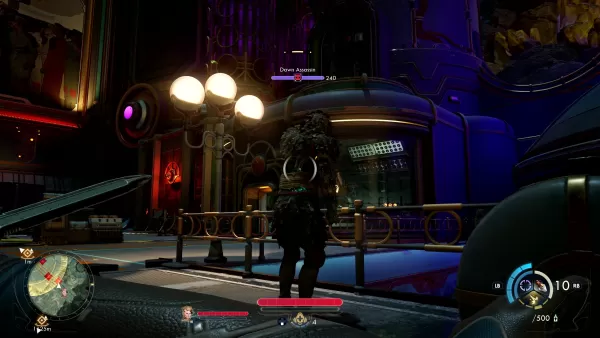
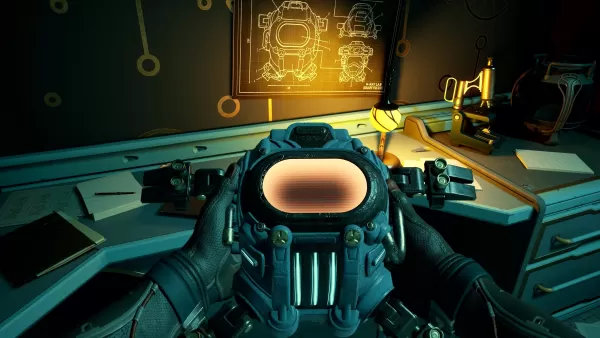 25 Images
25 Images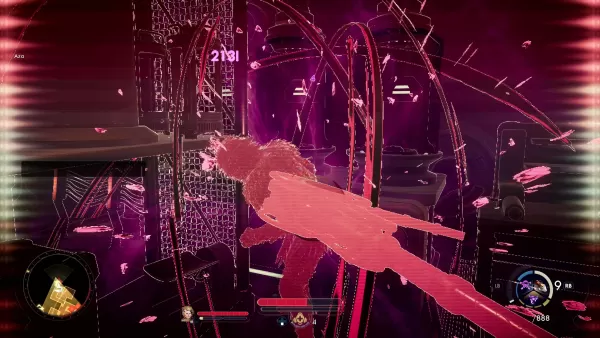
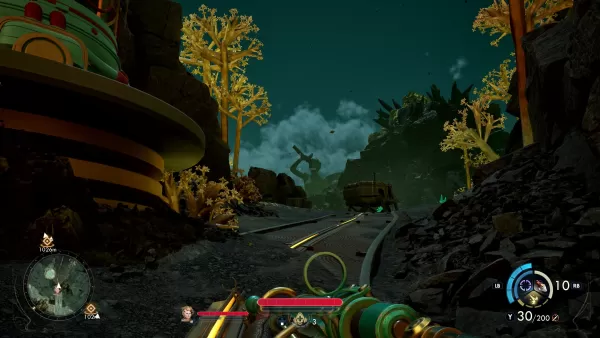
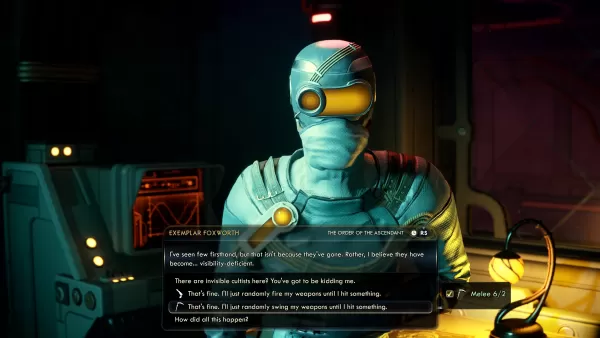
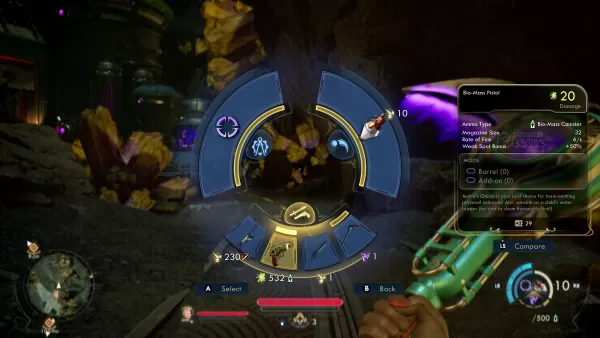
While a deeper exploration of the revamped Flaws will be covered in a future article, it's clear that *The Outer Worlds 2* is adopting more creative and clever approaches to these mechanics. In the original, I often declined Flaws due to the limited benefit of extra Perk points. In the sequel, the game continues to monitor player behavior, but Flaws now have specific conditions that offer both positive and negative effects, adding another layer to the Traits system that appears unexpectedly based on gameplay. Players must opt into these, making them a permanent part of their character.
Guiding Players and Ditching Respec
With many new elements in *The Outer Worlds 2*, Obsidian aims to make these systems accessible and clear through in-game explanations and UI enhancements. “Right from the get-go, from character creation, we really wanted to put in the forefront what are the differences of these skills and what they do,” Koenig stated. This includes not only help text but also short videos in the menus demonstrating the gameplay impact. A notable feature is the ability to mark Perks as favorites before unlocking them, aiding in planning specific progression paths or builds. The requirements and icons help players understand each Perk's playstyle and associated Skill.
Obsidian encourages players to think carefully about their choices, particularly since there is no respec option after the introductory sequence. “By removing respec, we really incentivize it to be your experience. It is a part of your experience that no one else had, and I think that's really special about RPGs and something that respec tends to lessen,” Koenig remarked. Singh added, “Philosophy-wise, we really feel all of your choices should matter. They should be meaningful changes to your gameplay experience. This is just one of those ways where we're asking you to make a choice, stick to it, and see how that plays out in interesting and fun ways.”
-
HBO's Harry Potter TV series has reached a major casting milestone with the first six roles officially announced. While fans eagerly await reveals for Harry, Ron, Hermione, and Voldemort, we now know who will portray Albus Dumbledore, Minerva McGonagAuthor : Gabriel Dec 22,2025
-
The meteoric rise of Marvel Rivals, NetEase's multiplayer game, has been met with both praise and legal trouble. Although the game rapidly attracted millions of players, its success has been shadowed by serious legal issues for the developer.In JanuaAuthor : Violet Dec 22,2025
- Spring Valley Farm Game: January 2025 Redeem Codes
- WWE Superstars Join Call of Duty Warzone: Mobile Roster
- Midnight Girl is a minimalist point-and-click adventure set in Paris in the 60s, now open for pre-orders on mobile
- Mobile Legends: Bang Bang – Best Lukas Build
- "Grand Outlaws Unleashes Chaos and Crime on Android Soft Launch"
- Video Game Song Surpasses 100 Million Streams on Spotify


